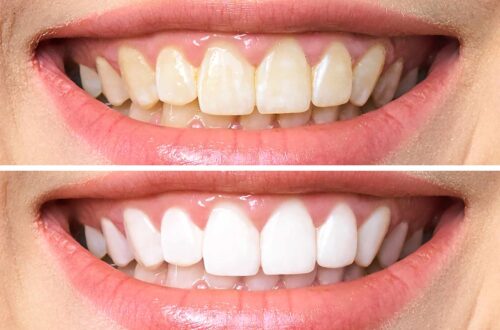
Your Diet’s Crucial Role in Effective Weight Loss
When it comes to weight loss, diet plays a central role in determining success. While exercise and lifestyle factors are important, your dietary choices have a significant impact on your ability to shed excess pounds and maintain a healthy weight. In this blog, we will explore the vital role of your diet in weight loss and provide practical tips for developing a balanced and sustainable eating plan and how medical professionals and data drive plans, such as those offered at TrackYourMax.com can help you safely meet your goals.
- Calorie Balance: Energy In vs. Energy Out
At its core, weight loss is about achieving a calorie deficit, where you consume fewer calories than your body burns. This deficit prompts your body to utilize stored fat as an energy source, resulting in weight loss. Therefore, understanding the concept of calorie balance is essential. A combination of portion control, mindful eating, and choosing nutrient-dense foods can help create the calorie deficit necessary for weight loss.
- Nutrient-Dense Foods for Satiety and Nourishment
Choosing nutrient-dense foods is vital for weight loss and overall health. These foods are rich in essential nutrients while being relatively low in calories. Filling your plate with fruits, vegetables, whole grains, lean proteins, and healthy fats provides the body with the necessary vitamins, minerals, fiber, and antioxidants it needs to function optimally. Additionally, these foods are often more satiating, helping you feel fuller for longer and reducing the temptation for unhealthy snacking.
- Balanced Macronutrient Distribution
The distribution of macronutrients (carbohydrates, proteins, and fats) in your diet can influence weight loss outcomes. While individual needs vary, a balanced approach is generally recommended. Carbohydrates provide energy and should come from whole grains, fruits, and vegetables. Proteins are crucial for muscle repair and maintenance, and sources like lean meats, fish, legumes, and dairy products are ideal. Healthy fats, found in nuts, seeds, avocados, and olive oil, promote satiety and help absorb fat-soluble vitamins.
- Mindful Eating and Portion Control
Practicing mindful eating and portion control can prevent overeating and support weight loss efforts. Slow down and pay attention to your body’s hunger and fullness cues. Listen to your body and eat until you feel satisfied, not overly full. Portion control can be aided by using smaller plates, measuring food portions, and being aware of serving sizes. Additionally, mindful eating involves savoring each bite, focusing on the flavors and textures of your food, and avoiding distractions like screens or multitasking.
- Hydration and Reduced Liquid Calorie Intake
Proper hydration is crucial for overall health and can support weight loss. Drinking an adequate amount of water helps maintain metabolism, aids digestion, and can reduce the temptation to consume high-calorie beverages. Replacing sugary drinks with water, herbal tea, or sparkling water can significantly reduce overall calorie intake and contribute to weight loss.
- Long-Term Sustainability and Behavior Change
Sustainable weight loss is not about following a restrictive fad diet but rather adopting healthy eating habits that can be maintained long-term. Focus on gradual changes rather than quick fixes. Develop a positive relationship with food, addressing emotional eating patterns and creating healthy coping strategies. Building sustainable habits around food choices, meal planning, and mindful eating sets the stage for maintaining weight loss and achieving overall well-being.




